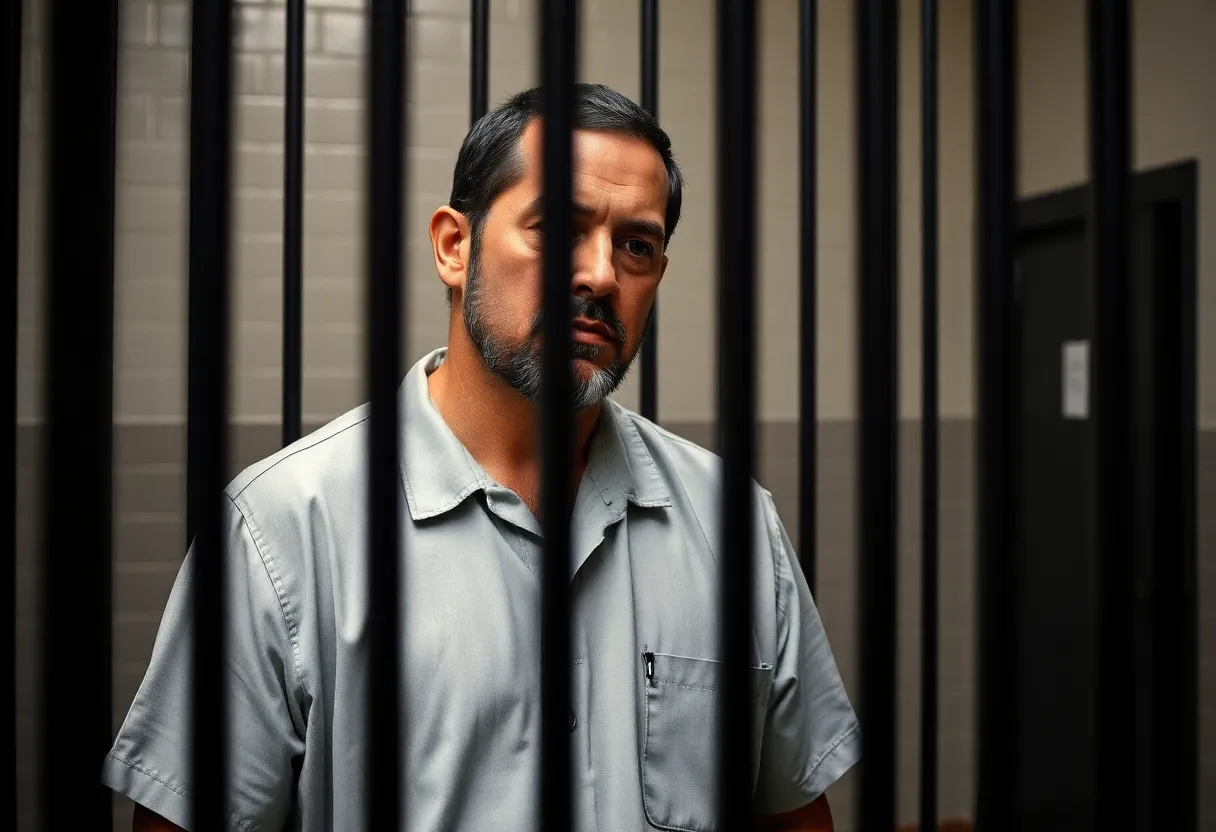

Legal proceedings backdrop
Want to target the right audience? Sponsor our site and choose your specific industry to connect with a relevant audience.
Prominent brand mentions across targeted, industry-focused articles
High-visibility placements that speak directly to an engaged local audience
Guaranteed coverage that maximizes exposure and reinforces your brand presence
Interested in seeing what sponsored content looks like on our platform?
May’s Roofing & Contracting
Forwal Construction
NSC Clips
Real Internet Sales
Suited
Florida4Golf
Click the button below to sponsor our articles:
Sponsor Our ArticlesRichard Moore, a death row inmate in South Carolina, has formally selected lethal injection as his method of execution. This decision was revealed in an affidavit he signed on Friday and submitted to the South Carolina Supreme Court. Moore is set to face execution for the 1999 murder of James Mahoney, a store clerk at Nikki’s Speedy Mart in Spartanburg County.
Moore was convicted of shooting Mahoney during a robbery attempt. On September 16, 1999, Moore attempted to rob the store to obtain money for crack cocaine. During this event, Mahoney drew a weapon and confronted Moore. A witness described the chaotic scene, stating that Moore, after disarming Mahoney, turned and fired at him. In the ensuing gunfight, Moore sustained an injury to his arm, while Mahoney suffered a fatal gunshot wound to the chest.
South Carolina law mandates that condemned inmates pick their method of execution from three options: lethal injection, the electric chair, or a firing squad. Moore previously selected the firing squad in April 2022 but later switched to lethal injection. His initial choice prompted a series of legal challenges and modifications to state laws, ultimately allowing for the resumption of lethal injections after a long pause in executions.
Executions in South Carolina were halted in 2011 after the state ran out of the necessary lethal injection drugs. The shortage arose because pharmaceutical companies ceased selling these drugs for execution purposes. In 2022, however, amid legislative changes allowing for the use of newly established execution methods like the firing squad, the South Carolina Department of Corrections was positioned to resume executions once again. The state passed a “shield law” to protect information regarding the source of execution drugs, facilitating their recent procurement.
Last month, Freddie Owens became the first inmate executed in South Carolina in over a decade, opting for lethal injection. Following the successful execution of Owens, Richard Moore’s execution could mark another significant legal event in the state’s death penalty landscape. If Moore’s lethal injection is carried out, he will become the second inmate executed in South Carolina since the state resumed executions this year.
As of now, Moore faces a potential execution by lethal injection involving a single dose of pentobarbital, a powerful sedative that has previously been used in executions but can also lead to death by suffocation. The state Department of Corrections Director, Bryan Stirling, confirmed to the Supreme Court that the department possesses a verified dose of the drug, affirming its readiness for Moore’s execution.
Opposition remains from death penalty advocates and attorneys, who argue for more transparency and due process in the execution protocol. Despite these concerns, the Supreme Court ruled that the information provided by Stirling was adequate for Moore to select his method of execution.
This situation continues to develop, and further updates regarding the execution date and additional legal challenges are anticipated. As the legal proceedings unfold, the state grapples with the implications surrounding the use of the death penalty.
This article will be updated as new information becomes available.
News Summary In a shocking incident in South Carolina, 18-year-old Simon M. Welch was arrested…
News Summary Greenville, South Carolina, recently celebrated Michelin's 50th anniversary in the state and 35…
News Summary Spartanburg, South Carolina, has witnessed a significant 65% surge in its tourism sector…
News Summary Conway is set to undergo a transformation as redevelopment plans for the Coastal…
News Summary Litchfield Beach is gaining recognition as one of the best retirement destinations in…
News Summary Myrtle Beach is making significant progress on the Ocean Outfall Project at 24th…